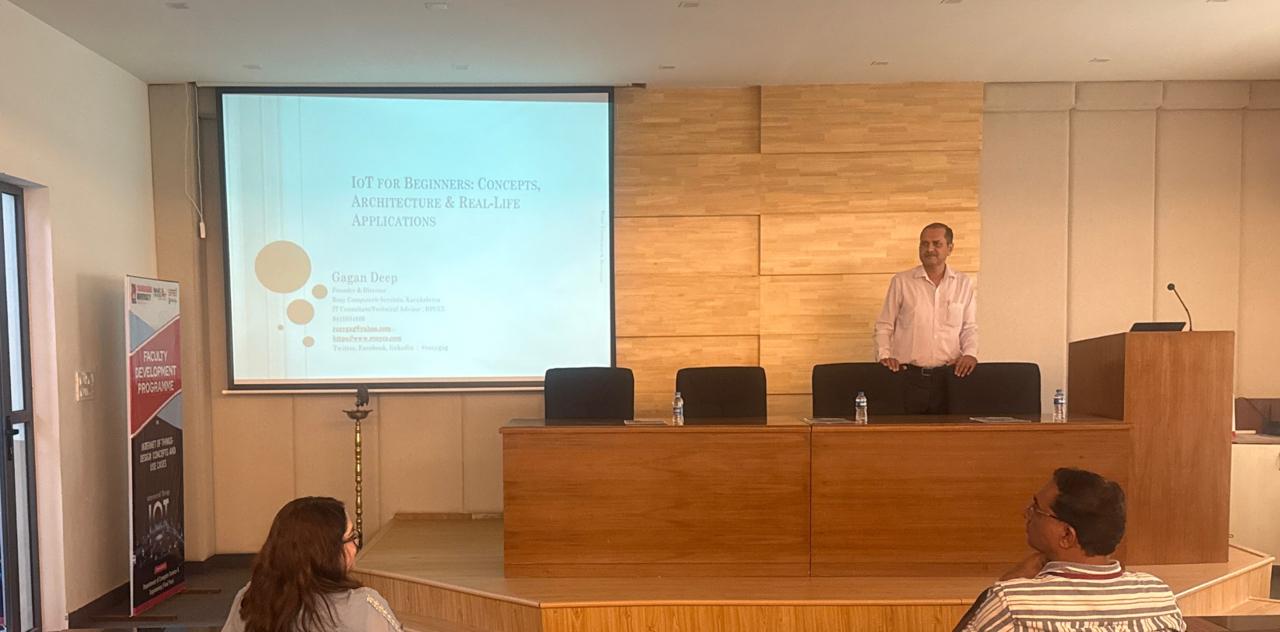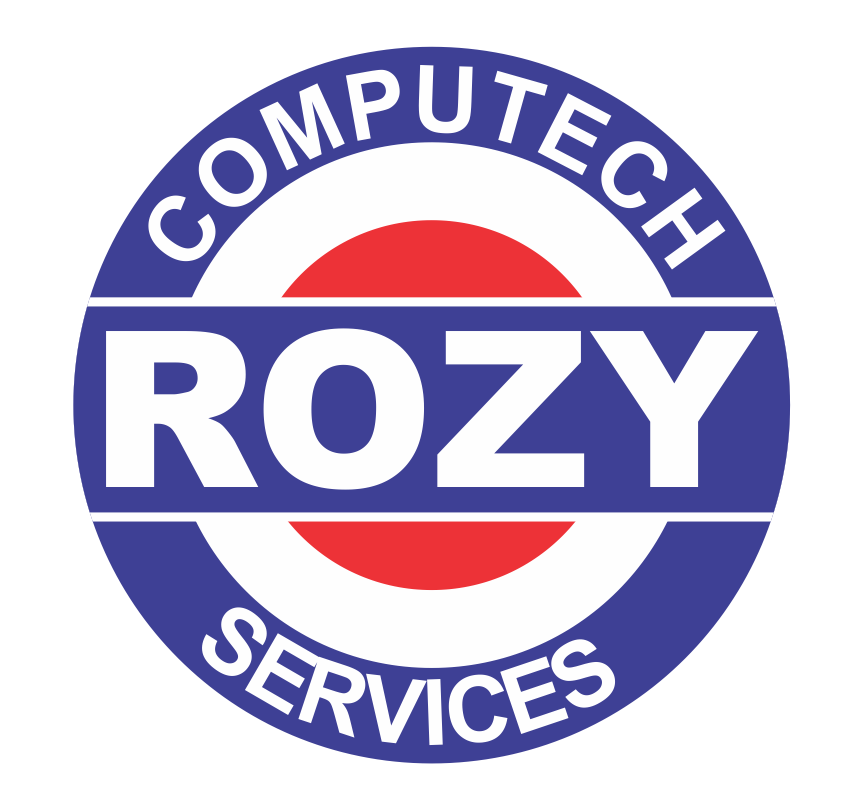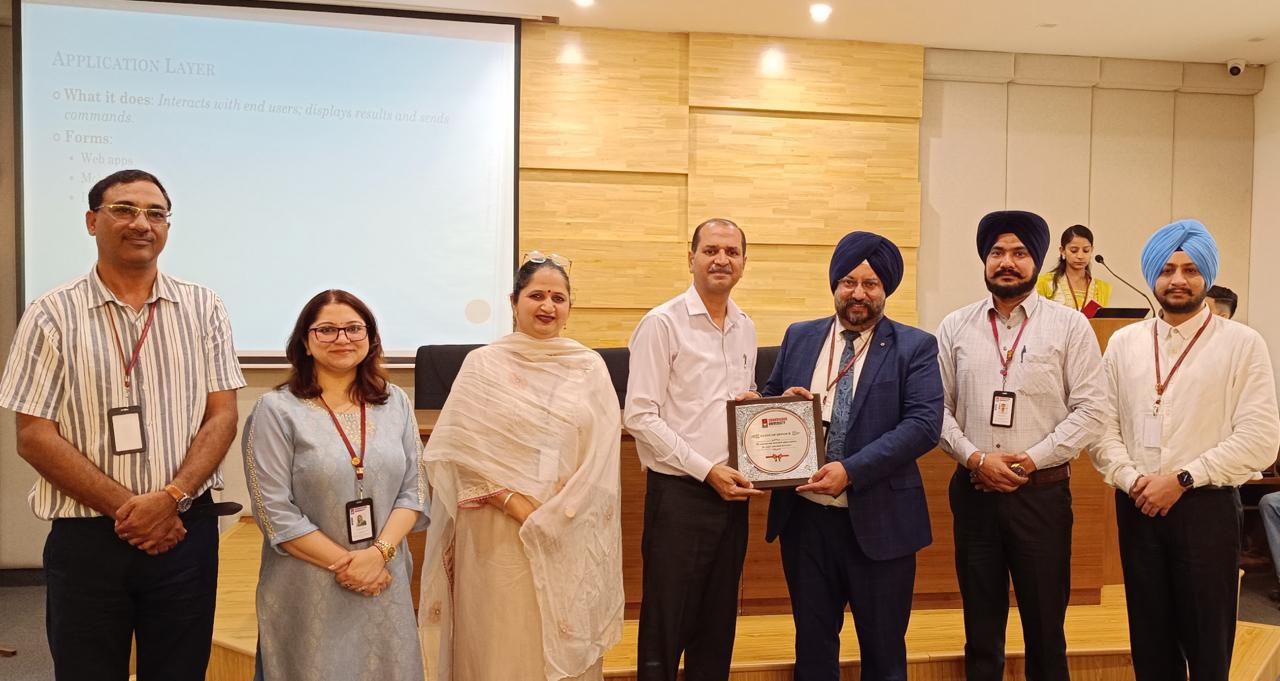IoT Concepts and DIY with Low-Code Tools
Capacity Building for Educators and Engineers – Chandigarh University
In today’s connected world, the Internet of Things (IoT) is transforming how digital systems engage with the physical environment, unlocking innovative solutions across industries. It was a privilege to contribute to the opening day of the Faculty Development Programme (FDP) on ‘Internet of Things – Design Concepts and Use Cases’, hosted by the Department of Computer Science & Engineering(Final Year), Chandigarh University, from July 1 to 5, 2025, where I led two interactive expert sessions exploring foundational concepts and hands-on approaches to IoT using open-source and low-code platforms.

Session 1: IoT for Beginners – Concepts, Architecture & Real-Life Applications
The session provided a comprehensive introduction to the fundamentals of the Internet of Things (IoT), encompassing core concepts, architectural frameworks, key hardware components, and the roles of sensors and actuators. It also delved into communication protocols and widely used development boards and kits. In addition, the session offered comparative insights into the interplay between IoT, Artificial Intelligence (AI), Machine Learning (ML), and fuzzy logic—highlighting their convergence in intelligent systems design.
Session 2: DIY IoT with Open-Source Low-Code/No-Code Tools
The second session focused on practical implementation through open-source, low-code/no-code platforms for building IoT solutions. Participants were introduced to various intuitive tools that simplify IoT development without extensive programming. A hands-on demonstration using ThingsBoard showcased how real-time data can be collected, visualized, and managed through customizable dashboards—empowering educators to explore Do-It-Yourself (DIY) IoT applications with minimal technical barriers.
These sessions blended hands-on learning with foundational insights, enabling participants to explore low-code IoT tools and their real-world relevance with confidence. The thoughtful engagement and enthusiastic participation of the faculty made the day both interactive and impactful.
I sincerely thank Chandigarh University for hosting the FDP, and extend my gratitude to Prof. Parveen Bajaj for the kind invitation and commencing the day with the lamp-lighting ceremony; Dr. Navpreet Kaur Walia, Head, Department of CSE, for the warm welcome and support; Dr. Satbir S. Sehgal, Pro Vice Chancellor – Engineering, for presenting the token of appreciation; and most importantly, all faculty participants for their enthusiastic presence, insightful queries, and active engagement throughout the sessions.

